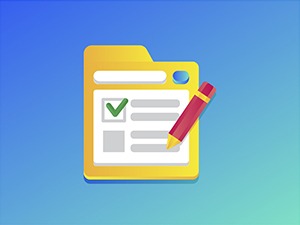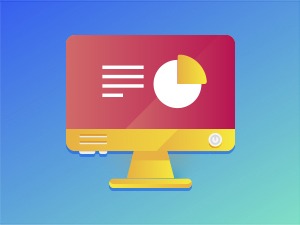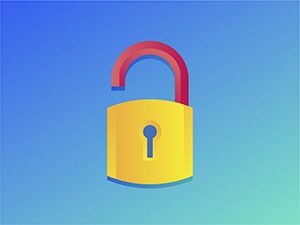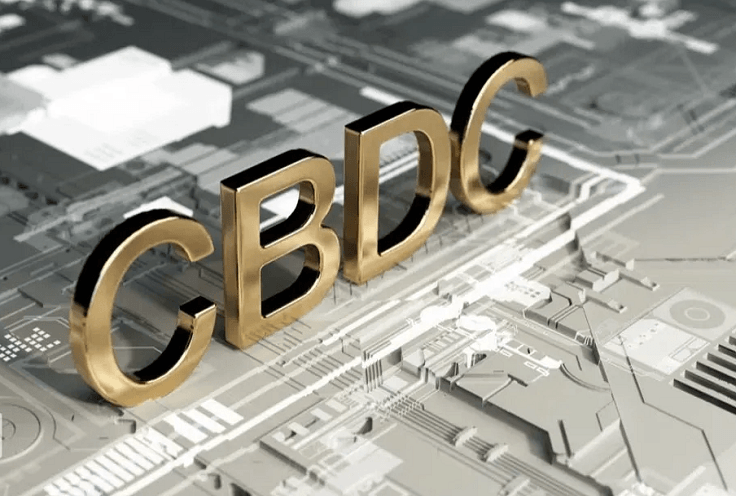In January 2022, the Federal Reserve released a research report titled “Money and Payments: The U.S. Dollar in the Age of Digital Transformation.” The stated purpose of the paper was to begin a public discussion about central bank digital currencies (CBDC) and whether the Fed should issue one.
In February 2023, Congressman Tom Emmer, R-Minnesota, introduced legislation with a clear answer: No.
H.R. 1122, co-sponsored by California Rep. Kevin Kiley, would amend the Federal Reserve Act to prohibit the Fed from offering digital currency products or services directly to individuals or using central bank digital currency for monetary policy. The reason is clear in the title of the bill: The “CBDC Anti-Surveillance State Act.”
Although there are many issues of concern with central bank digital currency. The section of the Fed’s report that jumps out at us immediately is this: “a CBDC would differ materially from cash, which enables anonymous transactions.”
Here’s another way to phrase that: With a central bank digital currency, the government will have a record of every cent spent by everyone. The government will know how much was spent, where it was spent, and who received it.
The elimination of privacy
Even more concerning than the elimination of an option for privacy is the potential for the government to “turn off” an individual’s money by freezing or seizing the account.
This is already possible when the government requires banks to freeze one or more accounts for a law enforcement purpose. A central bank digital currency, however, puts the government in direct control of the “off” switch, without the need for even a minimal legal process.
The Fed’s report notes that because of the “greater scale and velocity” of transactions possible with a CBDC compared to cash, “compliance with laws designed to combat money laundering and funding terrorism is particularly important for CBDC.”
It is not hard to imagine the government imposing a sudden and sweeping stop on all financial activities of U.S. persons or entities based on a secret intelligence assessment of potential harm or illegal activity. We have already seen civil liberties and constitutional rights swept aside in the name of protecting the nation from terrorism, insurrection, infection and even rowdy school board meetings.
Under current law, cash is the only type of “central bank money” that’s available to individuals. Digital money is available from commercial banks and similar financial institutions or from non-banks such as money market funds.







